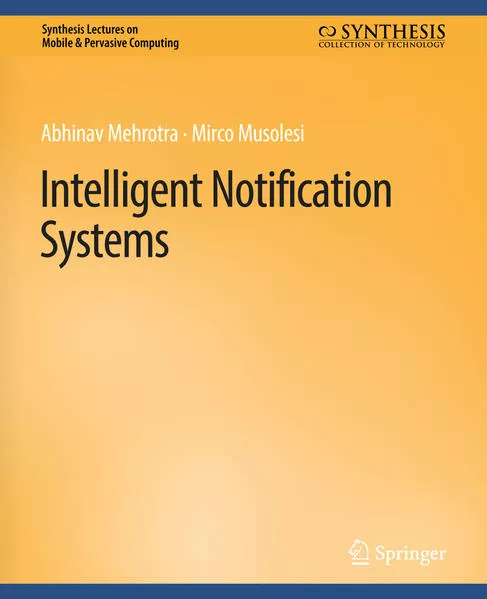
- Publikationen ca: 1
- Fragen & Antworten
Abhinav Mehrotra
Abhinav Mehrotra is a Machine Learning Engineer at Samsung AI Center, Cambridge, UK. He obtained his Ph.D. in Computer Science from the University of Birmingham, UK, where he worked on intelligent mobile notification systems. He joined University College London (UCL) as a postdoctoral researcher, where his research focused on behavior modeling and digital health through the analysis of contextual information obtained via embedded sensors. After his postdoctoral work at UCL, he joined Samsung AI Center, where his research efforts are toward optimization of machine learning models in order to support on-device AI systems, and design of intelligent speech interaction systems.Mirco Musolesi is Full Professor of Data Science at University College London (UCL) and a Turing Fellow at the Alan Turing Institute. He is also Full Professor of Computer Science at the University of Bologna. At UCL he leads the Intelligent Social Systems Lab. He received a Ph.D. in Computer Science from UCL and a Masters in Electronic Engineering from the University of Bologna. After postdoctoral work at Dartmouth College and Cambridge, he held academic posts at St Andrews and Birmingham. Over the past years, the focus of the work of his lab has been the design of next-generation intelligent systems mainly based on computational and mathematical models of human behavior and social dynamics. More recently, he has been interested in designing autonomous systems, possibly with humans in the loop. He is interested in both theoretical and systems-oriented aspects of these research areas. He works at the interface of several disciplines including Ubiquitous Systems, Autonomous Systems, Machine Learning, Artificial Intelligence, and Computational Social Science
Intelligent Notification Systems
Notifications provide a unique mechanism for increasing the effectiveness of real-time information delivery systems. However, notifications that demand users' attention at inopportune moments are more likely to have adverse effects and might become a cause of potential disruption rather than proving beneficial to users.
